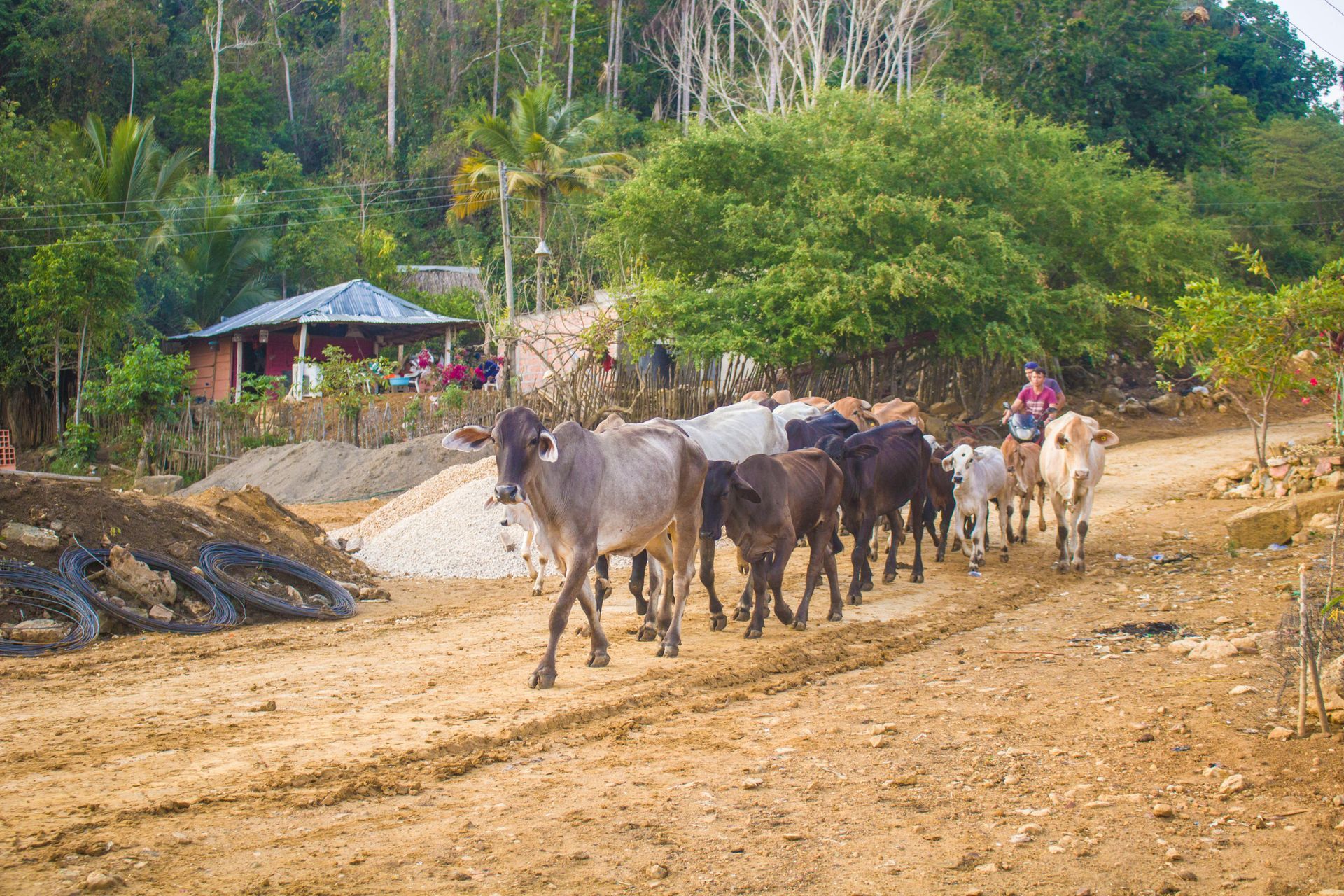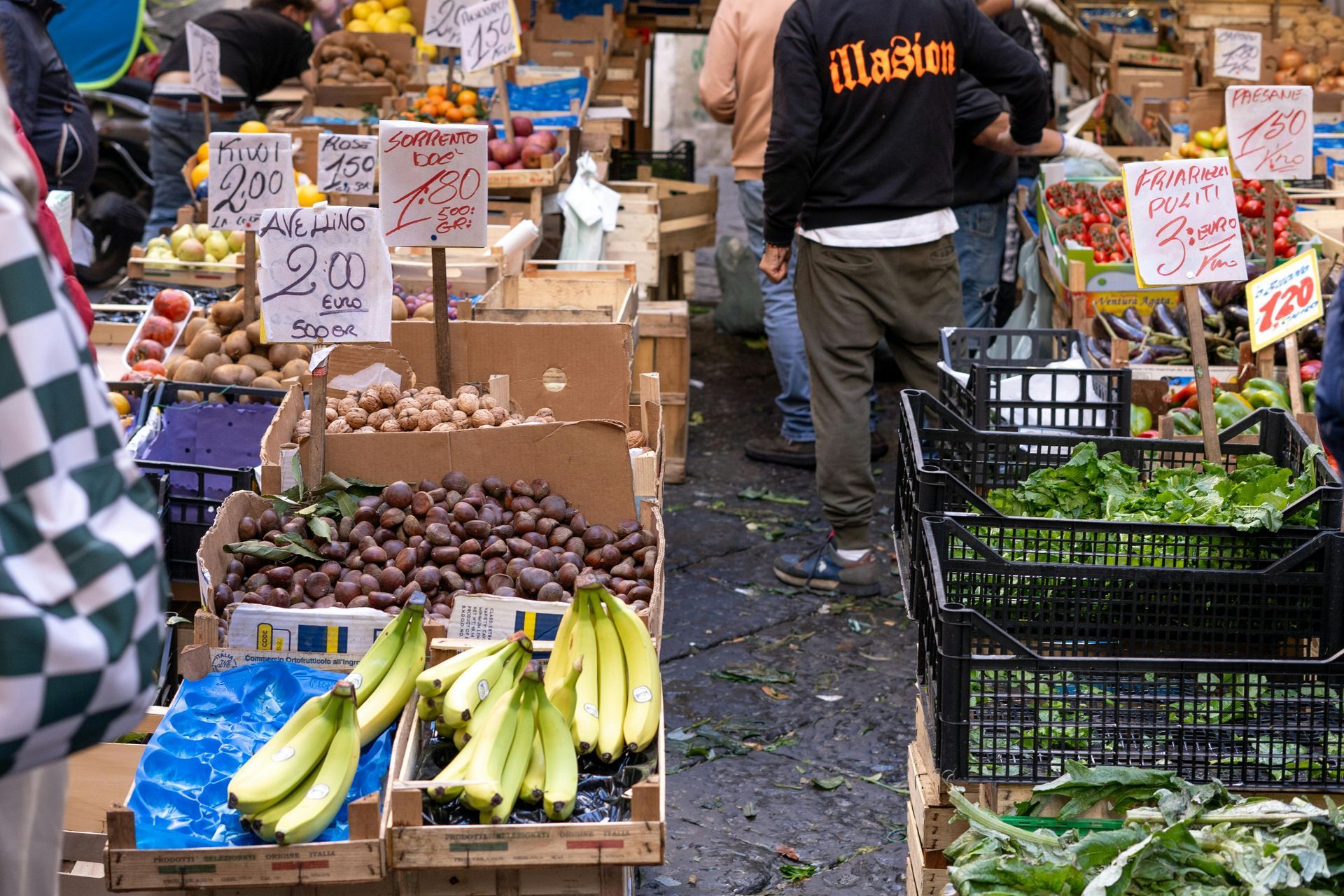The Alarming State of Food Insecurity in Honduras, Where Millions Are Facing Hunger and Malnutrition.
Oplev den alarmerende tilstand af fødevareusikkerhed i Honduras, hvor millioner står over for sult og underernæring. Lær mere om krisen og dens indvirkning.

Honduras kæmper med alvorlig fødevareusikkerhed, hvilket efterlader millioner af mennesker i sult. Afdæk udfordringerne og de presserende behov i denne kritiske situation.
Oplev den alarmerende tilstand af fødevareusikkerhed i Honduras, hvor millioner står over for sult og underernæring
Honduras, a country known for its vibrant culture and rich traditions, faces a pressing crisis that threatens the well-being of millions: food insecurity. As of 2025, the situation has escalated, with severe hunger and malnutrition becoming grim realities for many Hondurans. Understanding the multifaceted challenges driving this crisis is crucial in addressing the roots of hunger and finding sustainable solutions.
Omfanget af fødevareusikkerhed i Honduras
Honduras has long struggled with poverty and inequality, but recent years have exacerbated these issues, placing food insecurity at the forefront. According to reports in 2025, over 3 million Hondurans—about one-third of the population—are grappling with hunger and malnutrition. Rural areas are particularly affected, where poverty rates are highest, and access to resources is limited. However, urban centers are not immune, with growing numbers of people lacking affordable and nutritious food options.
Factors Contributing to the Crisis
Flere medvirkende faktorer har forværret fødevareusikkerheden i Honduras:
- Economic Instability: Honduras has been plagued by economic challenges, including high unemployment rates and low wages. Many families struggle to afford basic necessities, including food, as their purchasing power diminishes.
- Climate Change: The country is susceptible to natural disasters, such as hurricanes and droughts, which have increased in frequency and intensity due to climate change. These disasters destroy crops, reduce agricultural productivity, and severely impact rural livelihoods dependent on farming.
- Politisk uro: Politisk ustabilitet og korruption har hindret effektiv regeringsførelse og ressourceallokering. Nødvendige interventioner forsinkes ofte eller forvaltes forkert, hvilket efterlader sårbare befolkningsgrupper uden tilstrækkelig støtte.
- Inefficient Agricultural Practices: Many Honduran farmers still rely on traditional farming methods that are not sustainable in the face of changing climate patterns. There is a pressing need for improvements in agricultural techniques and infrastructure.
- Lack of Support for Smallholder Farmers: Smallholder farmers, who produce a significant portion of the country's food, often lack access to credit, technology, and markets. This limits their productivity and ability to sell surplus produce, impacting food availability and income generation.
Den menneskelige påvirkning
The human impact of food insecurity in Honduras is profound. Malnutrition has become widespread, especially among children, hindering their physical and cognitive development. In many cases, families resort to reducing meal portions or skipping meals entirely, impacting overall health and well-being. Moreover, the stress of not knowing when the next meal will come takes a significant toll on mental health, exacerbating the cycle of poverty and hunger.
Pathways Towards a Solution
At håndtere den alarmerende tilstand af fødevareusikkerhed i Honduras kræver en mangesidet tilgang:
- Økonomisk reform: Styrkelse af økonomien gennem jobskabelse, retfærdige lønninger og sociale beskyttelsesprogrammer kan give familier mulighed for at opbygge modstandsdygtighed over for fødevareusikkerhed.
- Climate Resilience: Implementing sustainable agricultural practices and investing in climate-resilient infrastructure can mitigate the impacts of climate change and secure food production.
- Effective Governance: Transparent and accountable governance is crucial for implementing policies that support food security, including food distribution systems and agricultural support.
- Support for Farmers: Providing resources such as credit, technology, and market access to farmers can enhance productivity and food availability.
- International bistand og samarbejde: Globale partnerskaber og bistand kan yde den nødvendige støtte og ekspertise til at udvikle langsigtede strategier til at reducere sult og underernæring.
Collective efforts from the government, international community, NGOs, and local communities are essential in combating food insecurity in Honduras. By prioritizing food security, Honduras can pave the way for a healthier, more prosperous future for all its citizens.


































